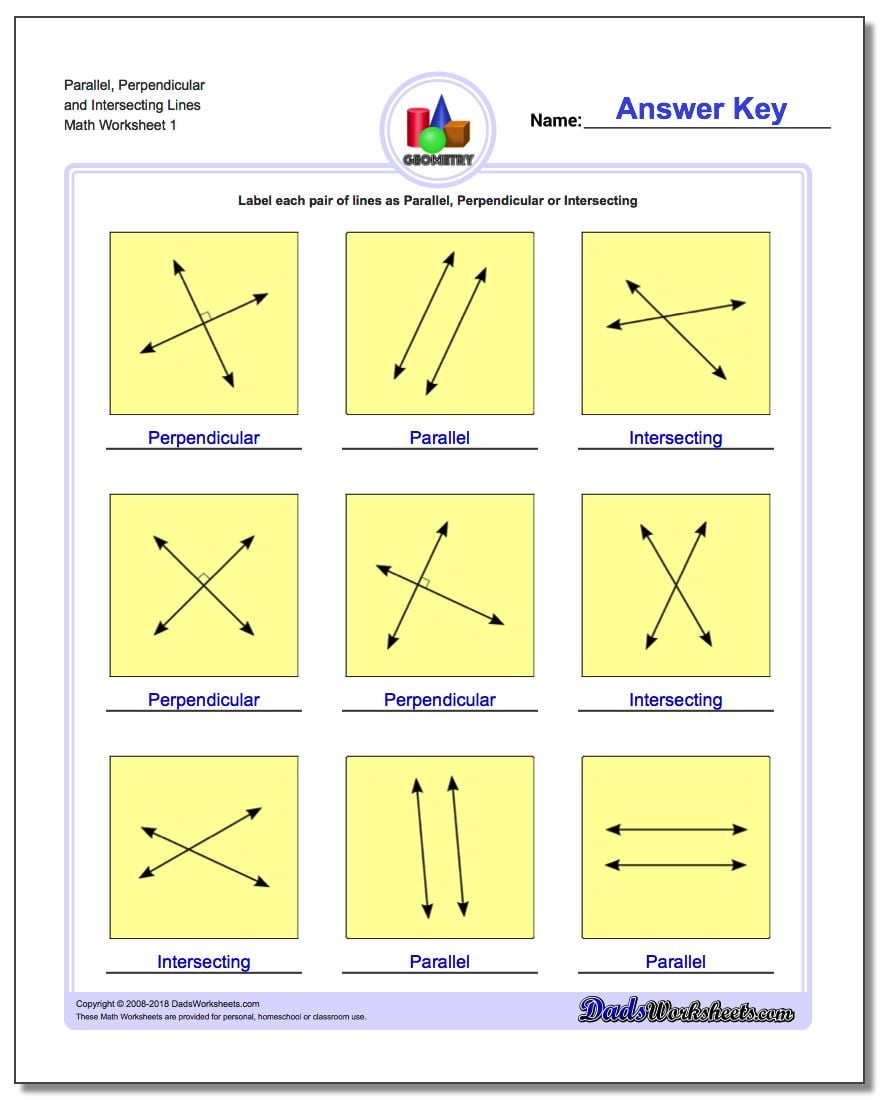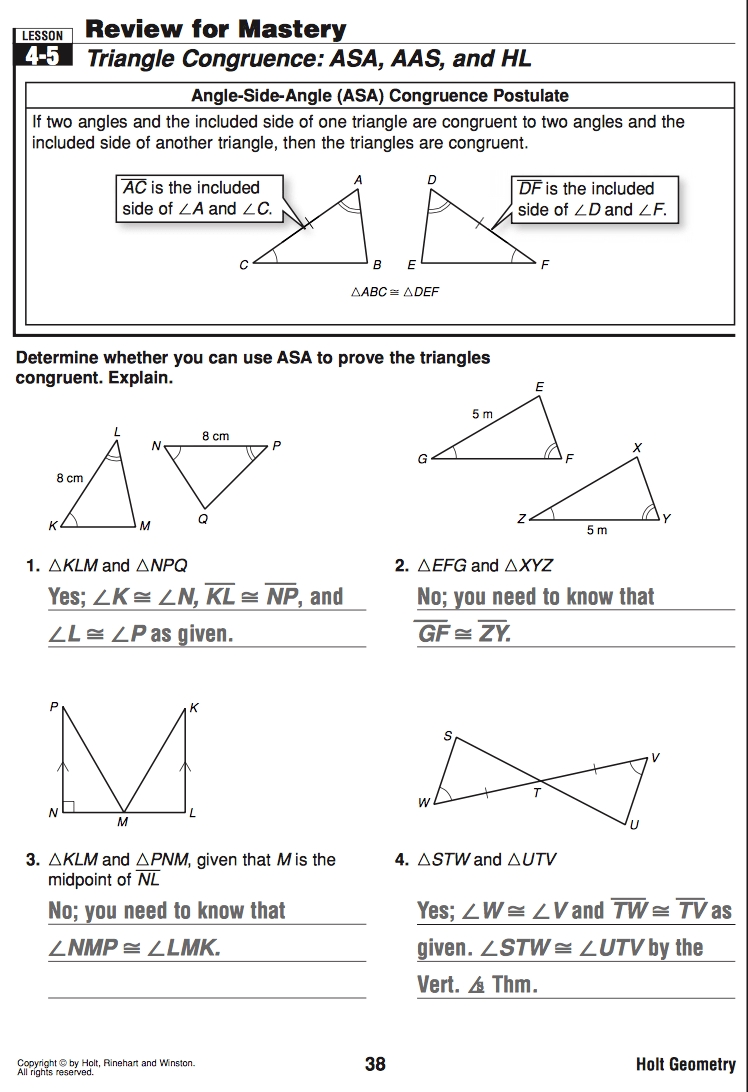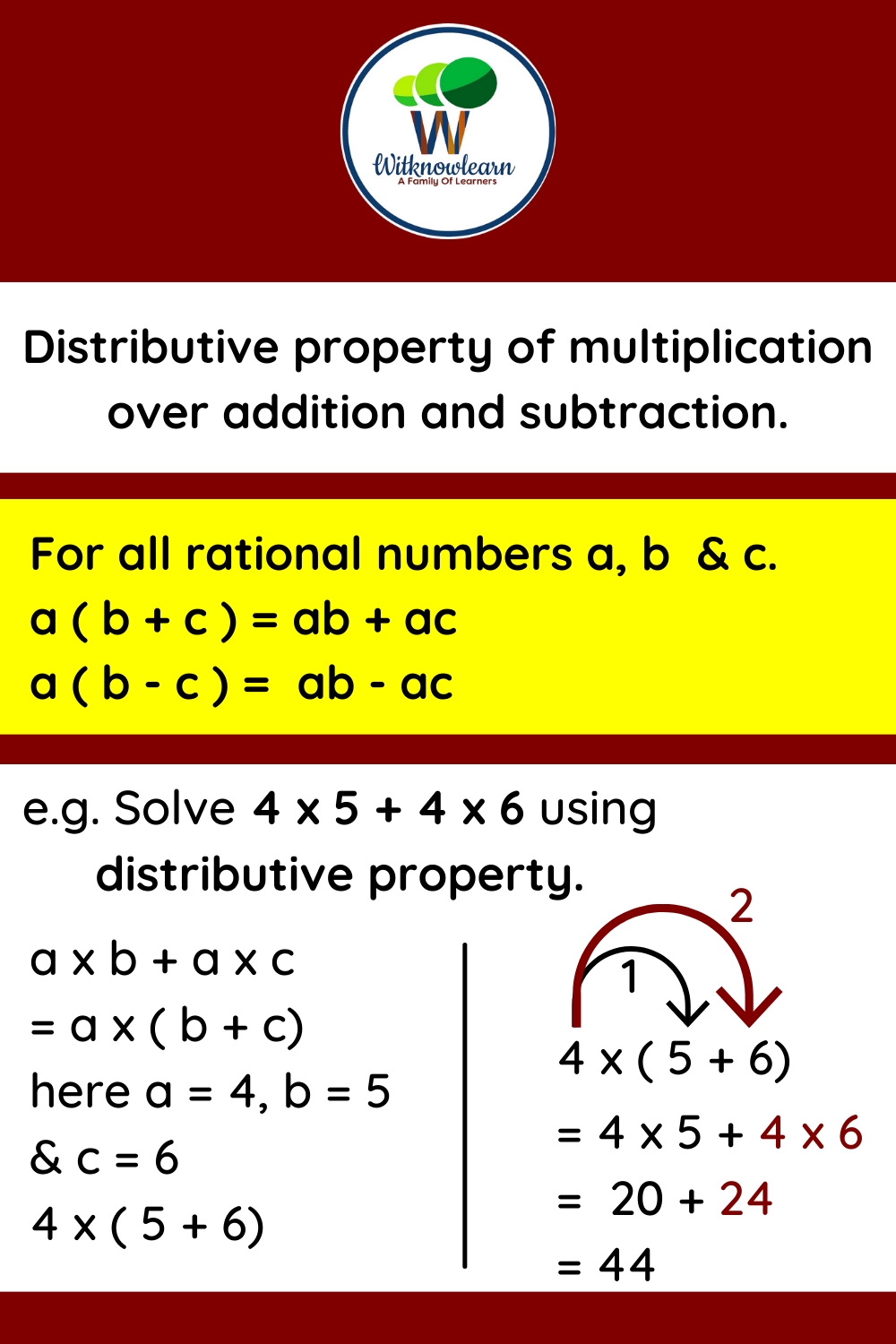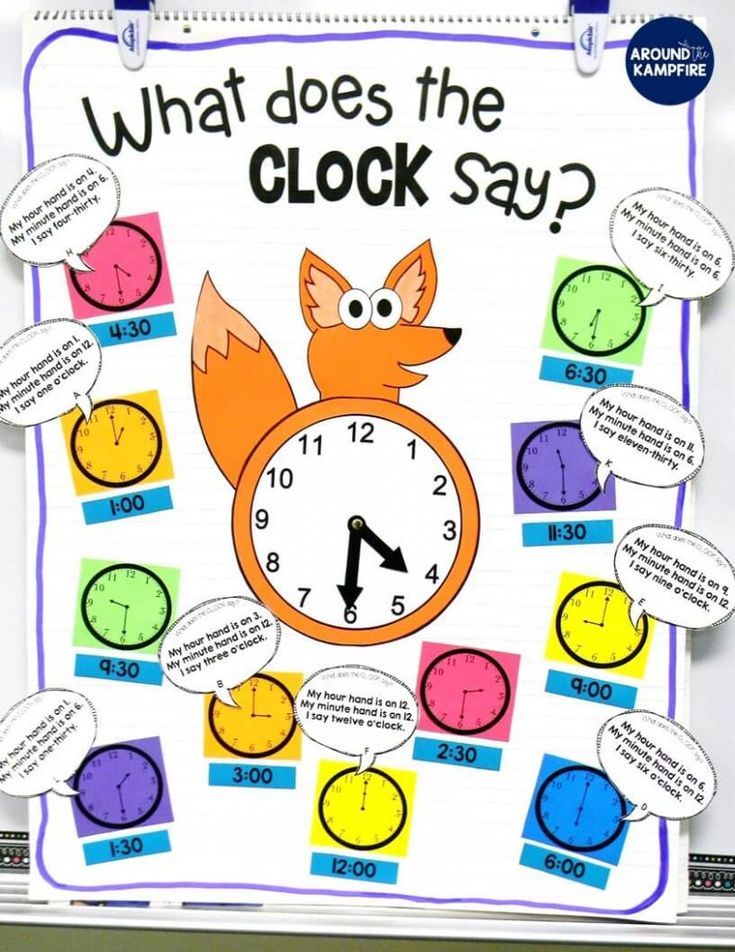Antonyms and Synonyms Worksheets for Kids
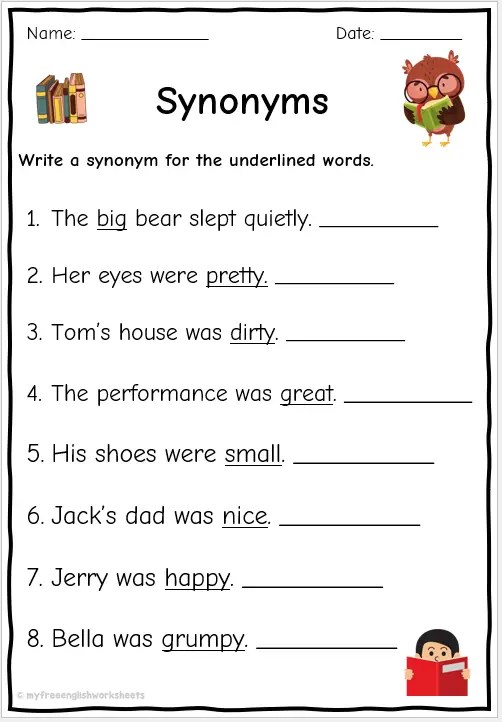
Introduction to Antonyms and Synonyms for Kids
Learning about antonyms and synonyms is an essential part of a child’s language development. Understanding these concepts can help improve their vocabulary, reading comprehension, and writing skills. In this blog post, we will provide you with a comprehensive guide on how to teach antonyms and synonyms to kids, along with some engaging worksheets and activities to make learning fun.
What are Antonyms?
Antonyms are words that have opposite meanings. For example, “hot” and “cold” are antonyms because they describe opposite temperatures. Teaching antonyms to kids can help them understand the nuances of language and how to express themselves more accurately.
📝 Note: Antonyms can be classified into different types, such as: • Gradable antonyms (e.g., hot-cold) • Complementary antonyms (e.g., alive-dead) • Relational antonyms (e.g., teacher-student) • Converse antonyms (e.g., buy-sell)
What are Synonyms?
Synonyms are words that have similar meanings. For example, “big” and “large” are synonyms because they both describe something of a significant size. Teaching synonyms to kids can help them expand their vocabulary and express themselves more precisely.
📝 Note: Synonyms can be classified into different types, such as: • Perfect synonyms (e.g., big-large) • Near-synonyms (e.g., happy-joyful) • Context-dependent synonyms (e.g., bank-financial institution)
Antonyms and Synonyms Worksheets for Kids
Here are some engaging worksheets and activities to help kids learn about antonyms and synonyms:
Worksheet 1: Match the Antonyms
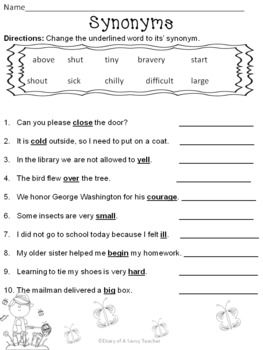
| Word | Antonym |
|---|---|
| Fast | _______ |
| Happy | _______ |
| Big | _______ |
| Hot | _______ |
| Old | _______ |
Answers:
| Word | Antonym |
|---|---|
| Fast | Slow |
| Happy | Sad |
| Big | Small |
| Hot | Cold |
| Old | Young |
Worksheet 2: Find the Synonyms
| Word | Synonyms |
|---|---|
| Happy | ______, ______ |
| Big | ______, ______ |
| Fast | ______, ______ |
| Cold | ______, ______ |
| Old | ______, ______ |
Answers:
| Word | Synonyms |
|---|---|
| Happy | Joyful, Cheerful |
| Big | Large, Huge |
| Fast | Quick, Rapid |
| Cold | Chilly, Frosty |
| Old | Ancient, Aged |
Activity 1: Antonym Scavenger Hunt
Create a list of antonyms and have kids find examples of each pair in a book or article. For example:
| Antonym Pair | Example |
|---|---|
| Hot-Cold | “The hot coffee was perfect for the cold winter morning.” |
| Happy-Sad | “The happy child was crying because she was sad about leaving her favorite toy behind.” |
Activity 2: Synonym Story
Have kids write a short story using as many synonyms as possible for a particular word. For example:
“The big, large, enormous house was a sight to behold. The rapid, quick, speedy car drove down the street, and the happy, joyful, cheerful children played in the park.”
Conclusion
Teaching antonyms and synonyms to kids can be a fun and engaging experience with the right worksheets and activities. By understanding these concepts, kids can improve their language skills, expand their vocabulary, and develop a more nuanced understanding of the world around them.
FAQ Section
What is the difference between antonyms and synonyms?
+Antonyms are words that have opposite meanings, while synonyms are words that have similar meanings.
Why is it important to teach antonyms and synonyms to kids?
+Teaching antonyms and synonyms can help kids improve their language skills, expand their vocabulary, and develop a more nuanced understanding of the world around them.
How can I make learning antonyms and synonyms fun for kids?
+You can use engaging worksheets, activities, and games to make learning antonyms and synonyms fun for kids. You can also use real-life examples and storytelling to help them understand the concepts better.
